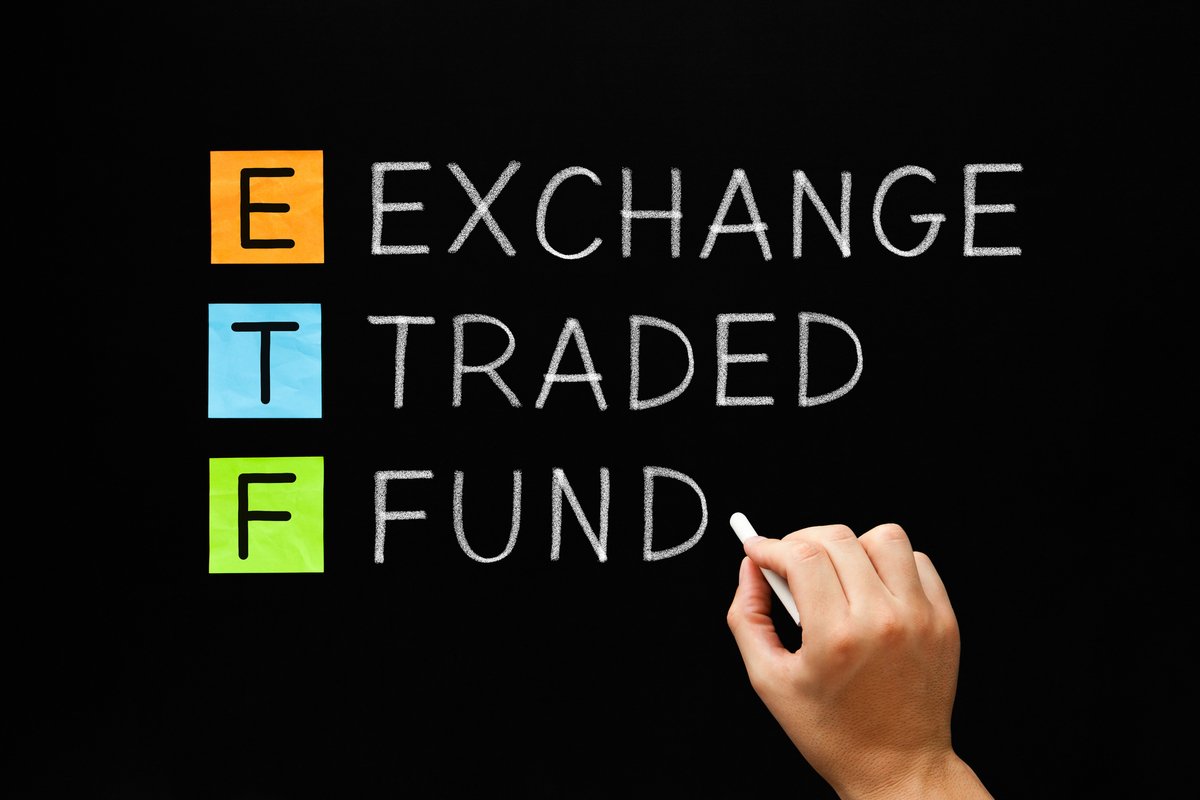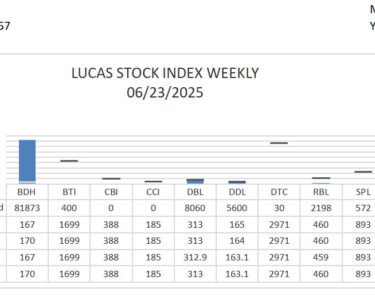Since hitting a peak in January, the S&P 500 index has traded down, and is currently 14% off that record (as of April 22). President Donald Trump’s economic policies, particularly around trade and tariffs, are causing a lot of uncertainty.
For individual investors, it can be scary to see the value of their portfolios declining. However, it’s crucial to remain optimistic over the long term. Now might be a great time to put money to work.
Where to invest $1,000 right now? Our analyst team just revealed what they believe are the 10 best stocks to buy right now. Continue »
The stock market is in the midst of a sell-off. The best investors should still consider buying my top Vanguard exchange-traded fund (ETF) with $2,000 right now.
The S&P 500 is the most closely watched index for a good reason. This benchmark contains some of the largest companies in the U.S., and it represents about 80% of the total market value of all stocks that trade on exchanges in this country.
I view the Vanguard S&P 500 ETF (NYSEMKT: VOO) as one of the best ways for investors to gain exposure to the performance of the S&P 500. It’s a simple way to automatically diversify your portfolio.
The ETF contains businesses in every sector, ranging from communication services and consumer discretionary to real estate and utilities. And it has exposure to some of the most dominant companies.
The ETF is offered by Vanguard, a pioneer in the industry that’s been around since 1975. With total assets under management of $10.4 trillion (as of Jan. 31), this is a very reputable company to entrust with your hard-earned savings.
In 2023 and 2024, the S&P 500 produced a total return of 26% and 25%, respectively. These gains were fantastic, but investors shouldn’t expect this type of performance to continue. Instead, it’s more reasonable to assume that we’ll see a reversion to the mean.
In the past decade, the Vanguard S&P 500 ETF has generated a total annualized return of 11.3%. If we zoom out even further, the S&P 500 has typically put up a 10% yearly return. Looking ahead, it’s best to have a more tempered outlook, with a double-digit gain certainly in the cards.
It’s hard to complain about these kinds of results. Data shows that the vast majority of active fund managers, so-called professionals in the investment management industry, lose to the S&P 500 over an extended period. And in doing so, they still charge high fees to clients.




